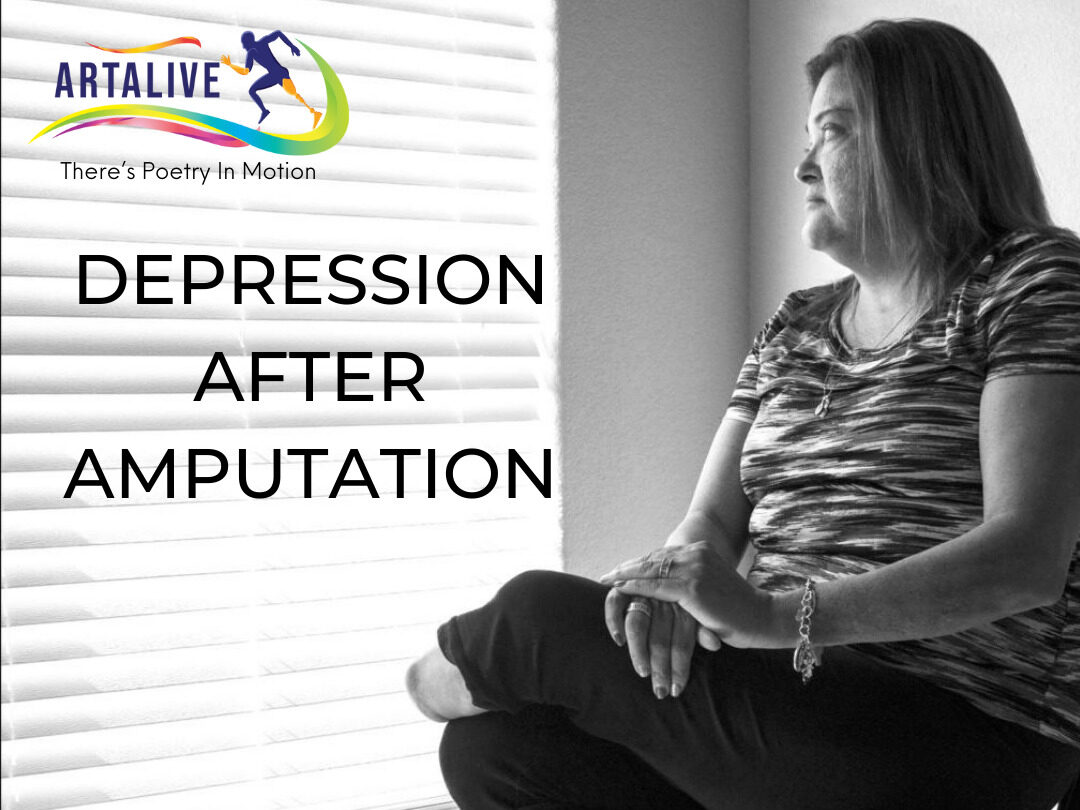The departure of a limb may trigger a psychological response likened to sadness, which may prompt depression. It isn’t uncommon and can, fortunately, overcome with the right help from both prosthetics and the patient’s loved ones.

Psychological Effects of Amputation
A portion of the indications of depression can include:
• Changes in eating schedules; either gorging or not eating by any means
• Lack of interest
• Fractiousness/being excessively passionate
• Changes in dozing designs
• Lack of drive
• Sensations of segregation – pulling out from social circumstances
• Expanded disregard towards life and circumstances
Psychological Adaptation to Amputation
There are, for the most part, four phases of variation to amputation.
Preoperative Stage
As the name infers, this is the stage that happens before the activity takes place. Should the patient have the chance to get ready intellectually for the medical procedure, it is usually a situation that there is a feeling of expectation for the alleviation of agony and a sense of acknowledgement.
Notwithstanding, there might be another side to it whereby a patient feels restless and concerned about:
• Change by all accounts
• How they will see by society from there on
• Loss of sexual drive/closeness by critical other
Quick Postoperative Stage
In this stage, patients commonly dread:
• Complications and torment
• Adjusting to the way of life changes
• Dread of not being acknowledged
In-Hospital Rehabilitation
This stage is the most basic one, with the best effect wholly associated with the amputation: the patient, friends and family, and medical clinic staff. This stage is where refusal sets in, and it can frequently be baffling for everybody; the patient may want to strive over or overcompensate otherly. There might be a slight adrenaline-like reaction; however, this can regularly be trailed by a serotonin crash, leaving the patient inclination pitiful and sad.
How to rehabilitate yourself at home
When the patient is at home, the last stage may achieve the second period of acknowledgement. It isn’t unexpected in the disconnected minutes where the patient will feel extra depression and sadness. It may prompt extra touchiness, unreasonable passionate upheavals, and then some.
How to come out after Depression after Amputation
Recollect that people can conform to any circumstance. Numerous individuals have overcome amputation, and multiple associations can provide the right help.
